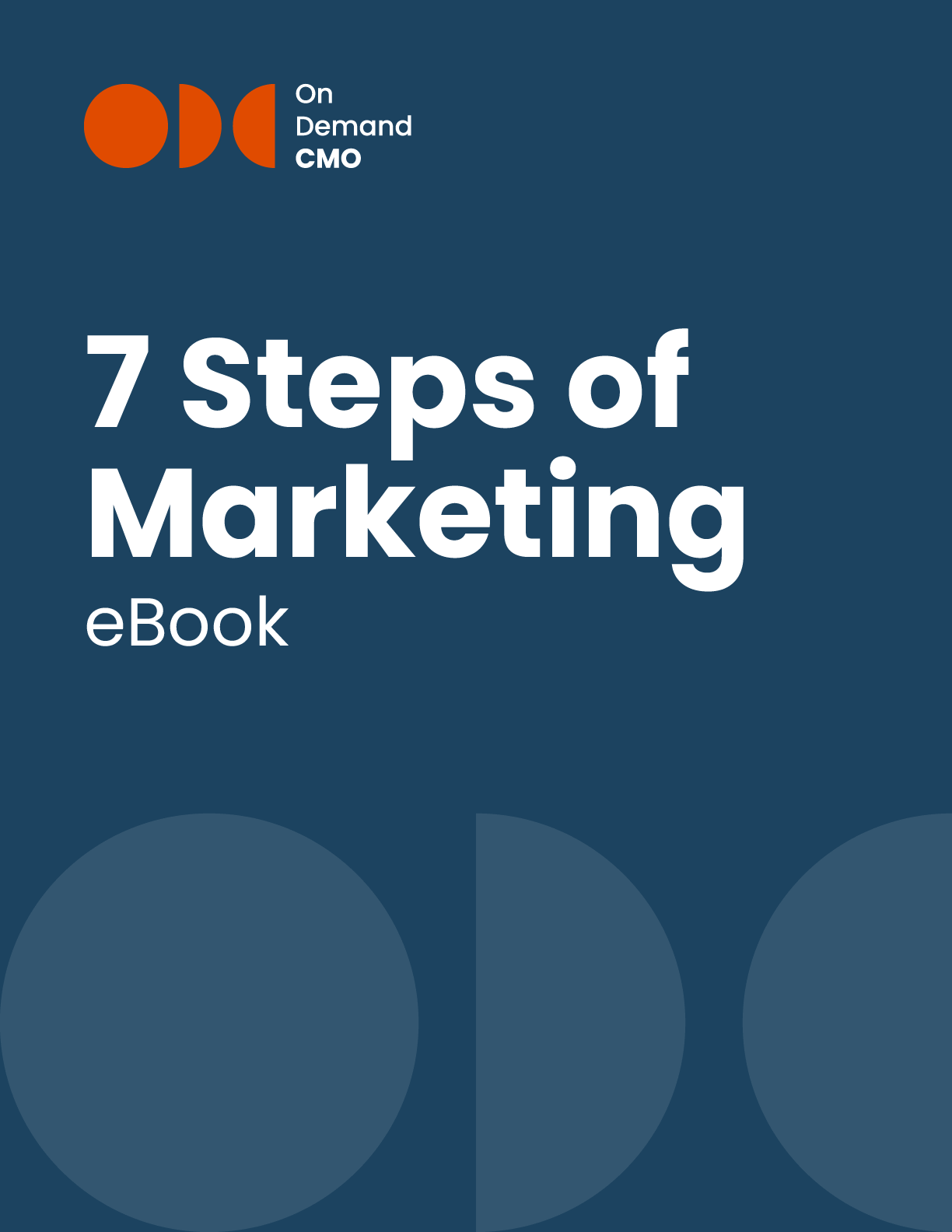If you are asking yourself, “Why is customer feedback important?” you might want to gently tweak that question, changing it to “When is customer feedback important?” Wait, did I just say you can be choosy about, and even sometimes ignore, customer feedback? Yes, I did. I’ve talked several times here before about the importance of customer feedback. Sometimes though, there are specific moments when you shouldn’t listen to customers—and that’s okay. At the end of the day, it’s impossible to please everyone, and you shouldn’t try as you’ll always come up short. Instead, you’ll have to perform a balancing act, knowing when and why feedback is important so you know which to respond to, and which to ignore. Save yourself time by reading the below so you don’t waste your time taking every critique that passes your desk:
Consider this comical but pointed quote, often attributed to Henry Ford: “If I had asked people what they wanted, they would have said faster horses.” Ford’s quote sums up the idea that customers don’t know what they want, and the importance of customer feedback is relative. More recently, Steve Jobs reiterated this idea when he famously quipped, “It’s really hard to design products by focus groups. A lot of times, people don’t know what they want until you show it to them.” While Forbes pooh-poohed this bit of advice as misguided, Jobs and Ford had a valid point: asking customers what they want doesn’t always bring the desired results, for you or for them. Customers won’t always tell you what they want, often because they don’t actually know what they want—this is especially true when it comes to paradigm-shifting products and services.
Today’s ideas won’t take you to tomorrow. You need fresh ideas, which is why in industries and organizations where innovation is king, asking customers what they want is often not effective. You have to show them—and they might not like it at first. Remember when Twitter and Facebook first came out? People thought it wouldn’t take off. How about online dating? We scoffed at it and found it creepy; now, how many people do you know who have used or met significant others on apps? Innovation is all about asking what problems users face and then working to alleviate those pain points—even if people don’t understand, at first, that they need a certain solution. Don’t let the initial discomfort discourage you—you may be onto something.
No matter the form feedback takes, sharing it shows your customers truly care—and how many businesses can be lucky enough to say that? Feedback is humbling; sometimes it needs to be taken, but if you took every bit of criticism that came into your inbox, you’d have no clear values and no sturdy brand. Still, what you can do is show appreciation to those who write with feedback. Set up an info@ customer service inbox, and have a staff member check it daily. Use phrases like “we so appreciate your consideration” or “we look forward to digging into this issue” while also customizing each response so customers feel taken care of. Sometimes—and this is true!—all they want is a kind response and to feel they’ve been heard.
When you share a survey via email or serve one after a customer service exchange that is “recorded for quality assurance purposes,” you are inviting customer feedback—and it’s important that you listen. Also, be ready to fix what issues are stated within the survey, be it the CRM, the representatives, or the solutions that are not getting the job done.
Once, I had a terrible experience with—of all trusted brands—American Express (Travel). I endured a series of 10 customer service escalations: 11 hours of exchanges with reps until the wee hours of the morning to rectify their errors, and they never once expressed genuine concern, regret, or ownership of their mistakes. They were more concerned about the fact that my husband asked for a survey at a particularly heated moment during one of these exchanges. Why would that be? Surveys are a way to make customers heard. So ask yourself: are you actually listening to the customers when you say you will, or are you just offering a survey because it’s a quick way to make customers think they feel heard?
The trick with customer feedback, says Phil Libin, CEO of Evernote, is understanding what it’s good for: “Customer feedback is great for telling you what you did wrong. It’s terrible at telling you what you should do next.”

OnDemandCMO has authored 7 Steps of Marketing, the only marketing guide book you’ll need to either get your marketing started properly, or stay on track strategically.
It features best practices on branding, messaging, social media, lead generation and much in between.
Please let us know who you are, and we'll share a few of our secrets (we don't sell or trade your info)!